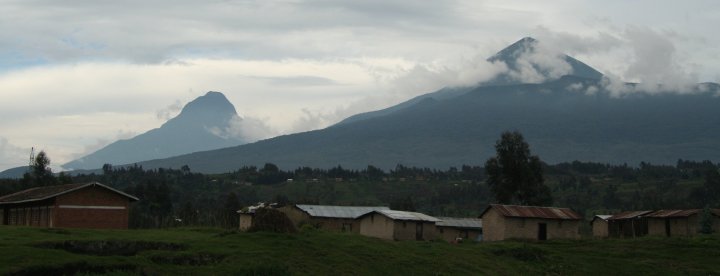Background
Energy supply issues are highly politicised in South Africa, and national government and municipalities are under pressure from both investors and the public. Government energy interventions promote ‘self-reliance’ but lack meaningful community involvement, while people often see energy provision as a free basic right.
In this context, many Eastern Cape municipalities cannot guarantee residents or investors adequate energy services, and the grid is unlikely to reach remote rural areas soon. These poor rural communities rely on biomass energy for cooking and heating.
At the same time there is great potential for developing community-scale biomass-to-electricity, using sustainably managed wood fuel, or agricultural or timber waste. Solar, wind and hydropower are also underutilised.
